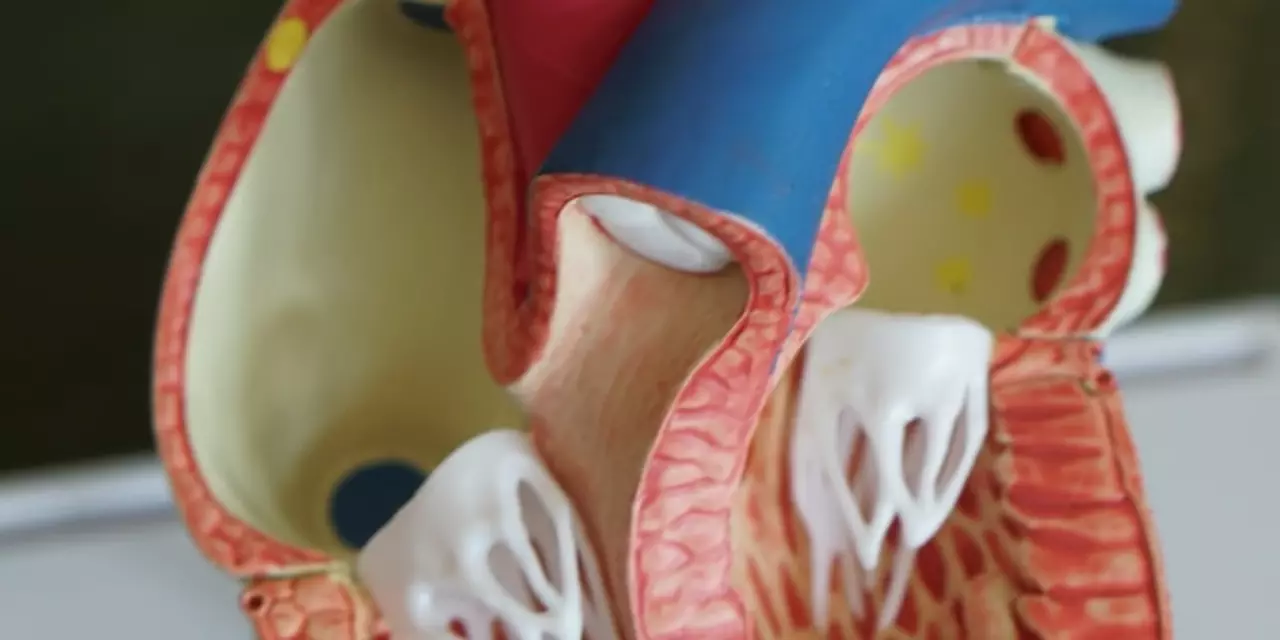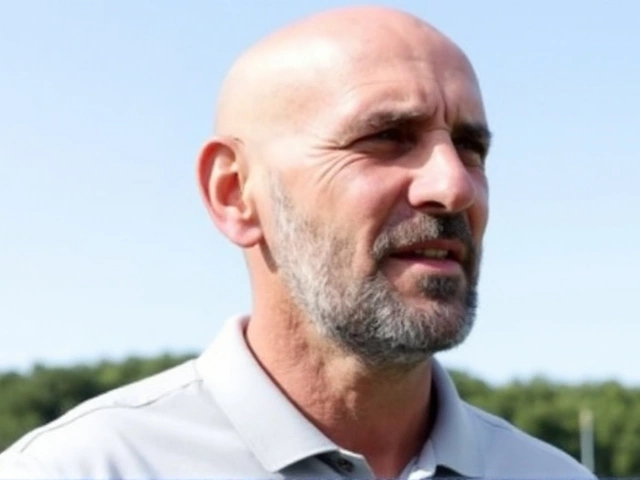Healthy Lifestyle Made Simple: Your Everyday Guide
Ever feel like a healthy lifestyle is something only athletes can afford? It’s not. Small changes add up, and you don’t need a gym membership or a fancy diet plan to feel better. Below you’ll find straight‑forward habits you can start this week, no hype, just real‑world advice.
Quick Exercise Routines You Can Do Anywhere
First up, movement. You don’t have to run a marathon; a 10‑minute routine can kick‑start your day. Try a combo of jumping jacks, body‑weight squats, and a quick plank. Do each for 30 seconds, rest 15 seconds, repeat three times. You’ll feel your heart rate rise and muscles wake up without sweating through an hour‑long class.
If you’re stuck at a desk, stand up every hour and do a set of calf raises or shoulder rolls. It keeps circulation flowing and breaks the slump that leads to back pain. A quick walk around the block during lunch adds extra steps and clears the mind, making afternoon tasks easier.
Nutrition Hacks for Busy Days
Eating well isn’t about strict counting; it’s about smarter choices. Swap sugary drinks for water with a slice of lemon or cucumber – the flavor is enough to keep you drinking. Keep a stash of mixed nuts or a banana in your bag; they’re portable, filling, and give you steady energy.
When you cook, add a handful of greens to any dish. Spinach in a smoothie, kale in a stir‑fry, or lettuce in a sandwich boosts vitamins without extra effort. If you’re ordering takeout, ask for sauce on the side and pick grilled over fried. Small tweaks like these shave off empty calories while keeping taste.
Sleep and mindset matter just as much as food and exercise. Aim for 7‑8 hours of sleep; set a regular bedtime, dim the lights, and avoid screens at least 30 minutes before bed. A rested brain makes better food choices and sticks to workout plans.
Finally, set realistic goals. Instead of “I’ll lose 20 pounds,” try “I’ll walk 5,000 steps a day for two weeks.” When you hit that, adjust the target. Celebrating small wins keeps motivation high and prevents burnout.
Stick to these easy habits, and you’ll notice more energy, better mood, and a healthier body without reshaping your entire life. Ready to give one of these a try today?





